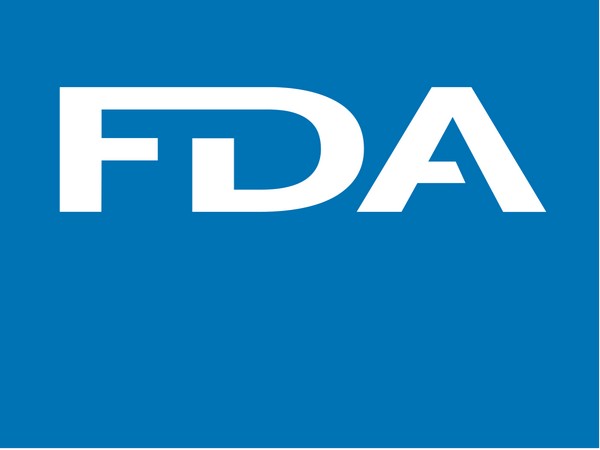FDA panel weighs US approval for Alzheimer's drug from Eisai and Biogen
A panel of expert advisers on Friday began their meeting to discuss whether to recommend traditional U.S. regulatory approval for Eisai and Biogen's new Alzheimer's drug Leqembi, a move expected to expand Medicare payment for the treatment. Leqembi won accelerated approval by the Food and Drug Administration in January based on its ability to remove toxic amyloid plaques from the brain.

- Country:
- United States
A panel of expert advisers on Friday began their meeting to discuss whether to recommend traditional U.S. regulatory approval for Eisai and Biogen's new Alzheimer's drug Leqembi, a move expected to expand Medicare payment for the treatment.
Leqembi won accelerated approval by the Food and Drug Administration in January based on its ability to remove toxic amyloid plaques from the brain. The agency is expected to make its decision on traditional approval by July 6. FDA staff reviewers on Wednesday said Eisai's late-stage trial showing Leqembi slowed cognitive decline by 27% in early Alzheimer's patients appeared to confirm the drug's benefit and raised no new safety issues.
These documents, however, should not be viewed as indicative of a final FDA decision and its views may change after discussions of the panel, the agency's office of neuroscience Acting Director Teresa Buracchio said at the meeting. Several Wall Street analysts read the commentary in the FDA briefing documents as a sign that traditional approval was likely. UBS analyst Colin Bristow had said he expects Friday's panel meeting "to essentially be a formality" that will lead to approval and broaden access to the medicine.
The accelerated approval restricted Medicare payment of the drug to those in a clinical trial, but no such trials are underway for Leqembi, resulting in negligible sales so far. Most U.S. Alzheimer's patients are Medicare-eligible. Regular approval would make Leqembi the first in its class of drugs that work by removing sticky amyloid plaques from the brain to achieve the regulatory milestone.
Analysts have forecast Leqembi sales topping $1 billion in 2026 and reaching $5.7 billion by 2030. The federal agency that runs Medicare has said it will pay for the treatment if doctors participate in a health agency database, known as a registry, but has yet to release details of its plan.
Patient advocacy groups expressed opposition to that plan, saying making Medicare coverage conditional to participation in a registry may reduce access to the drug. The expert panel has been asked to vote on whether the late-stage clinical trial of Leqembi verifies its benefit as a treatment for Alzheimer's, a fatal, mind-robbing disease that affects 6 million Americans, according to the Alzheimer's Association.
The agency has also asked the experts to discuss the risks and benefits of the treatment, with a focus on people who carry two copies of Alzheimer's risk gene called APOE4, which can increase side effects such as brain swelling. FDA also wants input on the drug's use in patients taking blood thinners, and in those with a condition called cerebral amyloid angiopathy, in which the protein amyloid - which Leqembi targets - builds up in artery walls and can cause bleeding in the brain.
Analysts, however, do not expect the issue to prevent approval. A positive vote by the agency's advisers would be in sharp contrast to their rejection of Aduhelm, a controversial earlier Alzheimer's drug from Eisai and Biogen.
The FDA went against that recommendation and granted Aduhelm accelerated approval, but it has been rarely used as Medicare and insurers declined to cover it. "An encore of Aduhelm drama seems unlikely," Wedbush analysts said in a research note ahead of Friday's meeting.
(This story has not been edited by Devdiscourse staff and is auto-generated from a syndicated feed.)










